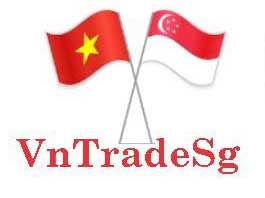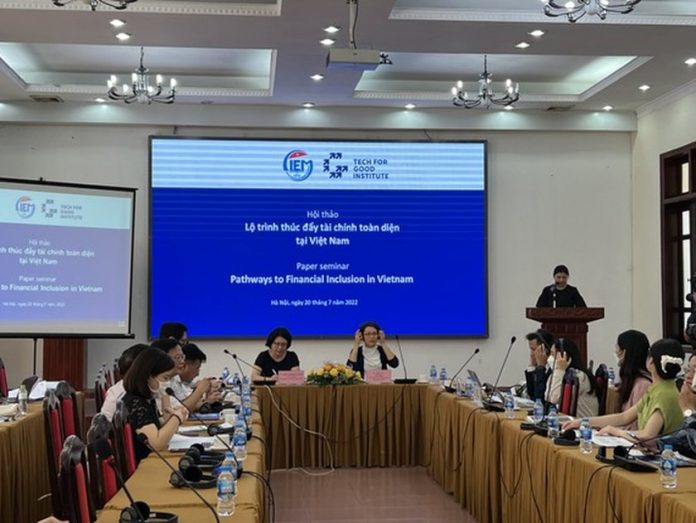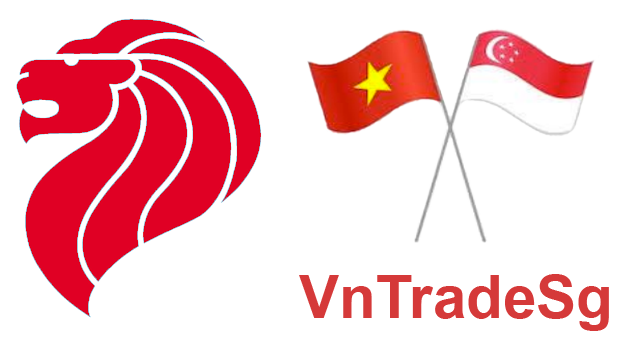At the seminar ‘Road map to promote financial inclusion in Vietnam’ organized by the Central Institute for Economic Management (CIEM) on the morning of July 20, Director of CIEM Tran Thi Hong Minh said that Vietnam is lacking specific and convenient financial services at low cost.
According to Ms. Minh, the legal framework for promoting financial inclusion in Vietnam is still inadequate. Moreover, the system of microfinance institutions is still limited in terms of scale and scope of activities in providing financial products and services.
The market still lacks specific and convenient financial products and services at low cost. The connection and sharing of the national database on the new population are being completed.
Meanwhile, the comprehensive financial transaction network is still mainly popular in urban areas whereas it is still limited in rural, remote, and isolated areas; plus, the implementation of agricultural insurance policies is still not good.
In addition, the connection and sharing of data for payment of services in the economy have not been completed. The director of the CIEM Institute recommended issuing a decree on a mechanism for controlled testing of financial technology activities in the banking sector.
Being a service user, Dr. Do Thi Bich Hong from the Banking Strategy Institute said that the first and most important solution is financial education.
According to Dr. Do Thi Bich Hong, many studies show that lack of financial schooling is a major barrier preventing people from accessing and using financial services. Recognizing this problem, governments of many countries have developed a financial education strategy with the aim of improving people’s financial literacy and capacity.
Participants at the workshop also said that it needs to amend and supplement regulations on the organization and operation of microfinance institutions as well as study and promulgate regulations on lending activities carried out by electronic means and perfect regulations on micro-insurance, credit guarantee mechanisms. Commercial banks are encouraged and supported to develop their transaction network in rural, remote and isolated areas.
Financial inclusion means that individuals and businesses have access to useful and affordable financial products and services that meet their needs – transactions, payments, savings, credit, and insurance – delivered in a responsible and sustainable way. Promoting financial inclusion is considered one of the focuses of socio-economic development.
Globally, the United Nations identifies financial inclusion as an important solution to achieving seven out of 17 sustainable development goals by 2030. ASEAN countries also identify financial inclusion as one of three pillars for the ASEAN vision 2025 and established the Working Committee on Financial Inclusion in 2016 with the goal of cooperating to promote financial inclusion in member countries and in the region.
In Vietnam, the Prime Minister issued Decision No. 149 approving the National Comprehensive Financial Strategy to 2025, with orientation to 2030 on January 22, 2020.
After more than two years of implementation, the strategy has achieved some outstanding results in terms of the legal framework, financial infrastructure, and financial inclusion goals, which are integrated into economic development programs and plans – local society, operational plans of ministries, agencies and localities and national target programs. However, the implementation of the strategy also encountered many difficulties and challenges.
SGGP















